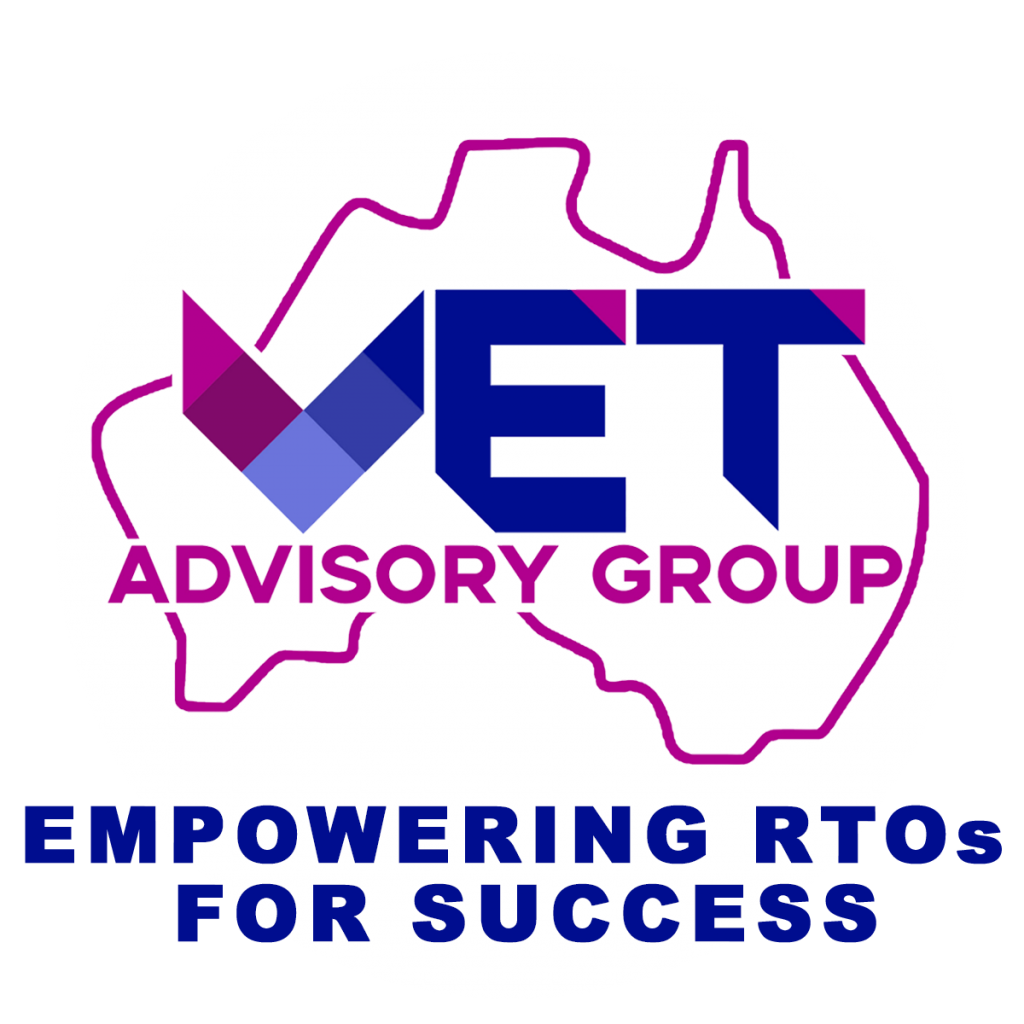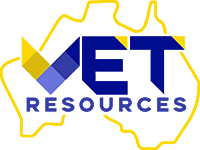
Running a Registered Training Organisation (RTO) comes with a host of responsibilities. Among these, validation is a critical process that ensures the quality and integrity of your training and assessment practices. To maintain compliance and deliver valuable education, it’s essential to understand what types of validation your RTO needs to complete. In this blog, we’ll explore the key aspects of RTO validation.
-
Self-Assessment Validation
Self-assessment validation is an internal process where your RTO evaluates its own training and assessment practices. This process involves a comprehensive review of your training materials, assessment tools, and strategies to confirm they align with regulatory requirements. Self-assessment validation helps identify areas that may need improvement or adjustment.
Why it’s important: Self-assessment validation allows your RTO to proactively address any compliance issues, ensuring that your training programs are of high quality and meet the needs of your learners.
-
Continuous Improvement Validation
Continuous improvement validation is an ongoing process where your RTO continually reviews and enhances its training and assessment practices. It involves collecting feedback from students, trainers, and assessors to identify areas that can be improved. This feedback-driven approach ensures that your RTO’s practices evolve to meet changing industry standards and learner needs.
Why it’s important: Continuous improvement validation keeps your RTO agile and responsive to industry developments, ensuring that your learners receive the most up-to-date and relevant training.
-
Third-Party Validation
Third-party validation is an external evaluation process conducted by an independent party, often another RTO or a regulator. The purpose is to assess the quality and compliance of your RTO’s training and assessment practices. Third-party validation helps confirm that your RTO is adhering to national standards and delivering quality education and training.
Why it’s important: Third-party validation provides an objective assessment of your RTO’s practices, boosting your credibility and demonstrating your commitment to quality education.
-
Validation of Assessment Tools
Validation of assessment tools is a crucial aspect of ensuring that your RTO’s assessments are valid, reliable, and fair. This process involves reviewing assessment tools, such as tests, assignments, and practical assessments, to ensure they align with the training package requirements and industry standards.
Why it’s important: Validation of assessment tools guarantees that the assessments accurately measure the skills and knowledge specified in the training package, leading to fair and consistent outcomes for learners.
-
Validation of Trainer and Assessor Competency
Your RTO must also validate the competency of its trainers and assessors. This involves confirming that your educators have the necessary qualifications, industry experience, and currency to effectively deliver training and assessment.
Why it’s important: Validating trainer and assessor competency ensures that your learners are guided by knowledgeable and skilled professionals, enhancing the quality of their education.
In Conclusion
Validation is an integral part of maintaining the quality and compliance of your RTO. By actively engaging in self-assessment, continuous improvement, third-party validation, assessment tool validation, and trainer and assessor competency validation, your RTO can ensure that it delivers high-quality training and assessment services that meet industry standards and regulatory requirements. This commitment to validation not only benefits your organisation but also provides learners with the best possible educational experience, setting them up for success in their chosen careers.
Suggested Read: The Crucial Role of Validating Assessment Tools in RTOs: Ensuring Quality and Compliance


